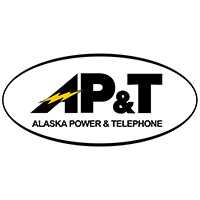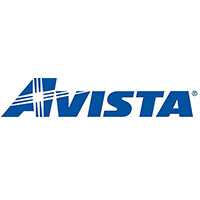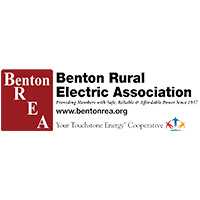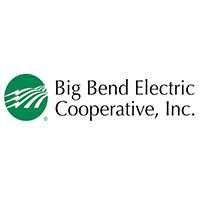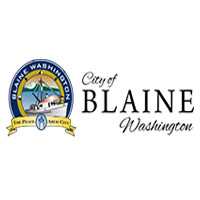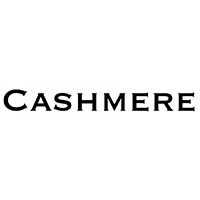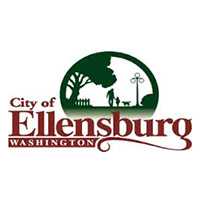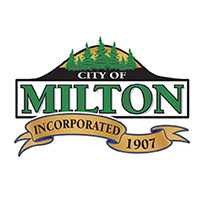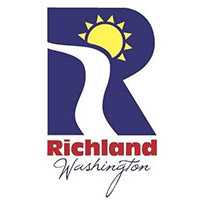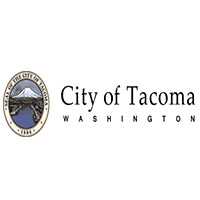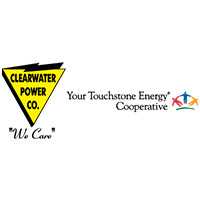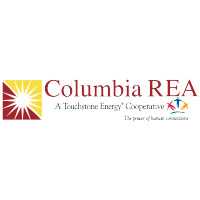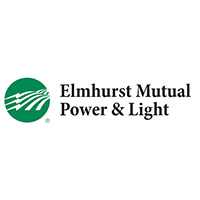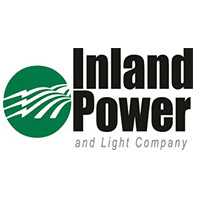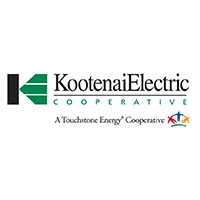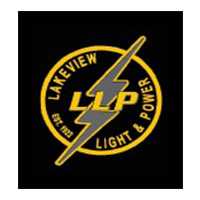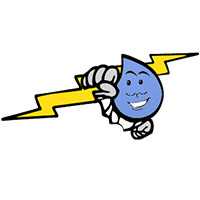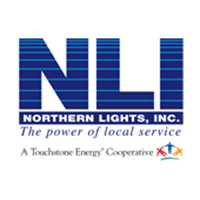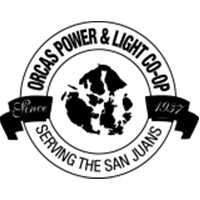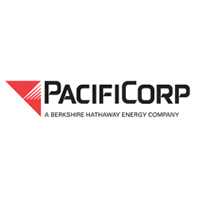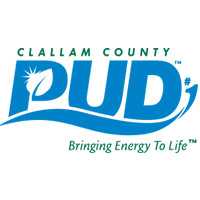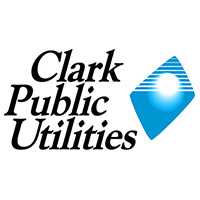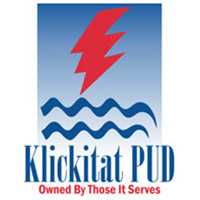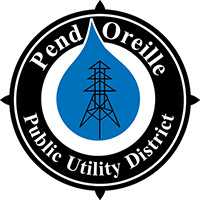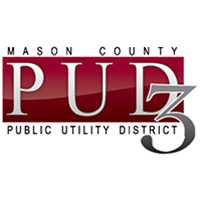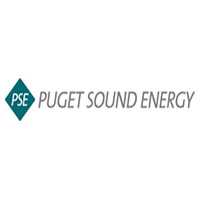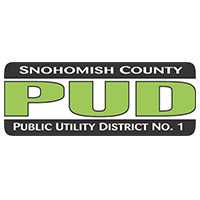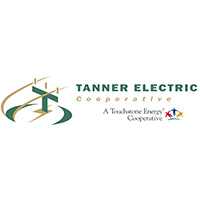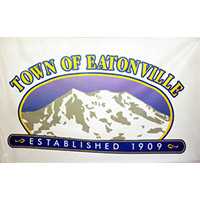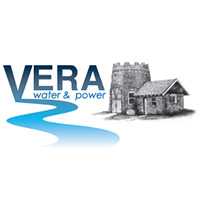See how much it will cost to install solar panels for your home in Washington
Solar power in Washington
Last fact-checked on June 21, 2023, by Catherine Lane
Washington has made great strides in pushing the initiative for making environmentally conscious choices. Along with this comes great solar incentives. Being a state with breathtaking views, it’s no wonder the state would want people to choose to protect that.
Going solar in Washington is an excellent investment thanks to state-mandated net metering at the full retail rate, a 30% federal tax credit, and a property tax exemption.
Compare solar quotes from the top solar companies in Washington
Washington solar power facts
$2.62 watt
Average cost: 5kW solar power system
?16 Years 11 Months
Average payback time
$18,990
Average lifetime savings
?7¢ kWh
Levelized cost of solar energy
13¢ kWh
If you don't get solar
?30,500 kWh
Annual power production
Cash flow graph based on cash purchase of a 32.31kW system
This 32.31kW system would offset 100% of your energy usage if your typical monthly bill in Washington is $183, however, your situation may vary so try our solar calculator to get a result tailored to you.
11
Solar companies in Washington that provide pricing through the Solar-Estimate marketplace.
How much can solar panels save you in Washington
Average total cost of solar panel installation in Washington
| System Size | Cash purchase After 30% solar tax credit |
Financed purchase After 30% solar tax credit |
|---|---|---|
| 3kw | $5,691 | $6,146 |
| 4kw | $7,476 | $8,074 |
| 5kw | $9,170 | $9,904 |
| 6kw | $10,836 | $11,703 |
| 7kw | $12,397 | $13,389 |
| 8kw | $13,944 | $15,060 |
| 9kw | $15,372 | $16,602 |
| 10kw | $16,800 | $18,144 |
How much do solar panels cost in Washington?
$2.62 per watt
Cash purchased solar system
Before 26% solar tax credit
$3.89 per watt
Financed solar system
Before 26% solar tax credit
$15.7¢ /kWh
Lease/PPA
Ave 15 year term, 2.5% price escalator
What are the pros and cons of installing solar panels in Washington?
The advantage of installing solar panels in Washington is the state-mandated net metering law, which is key to making solar a worthwhile investment. Couple that with the federal tax credit and you have the potential for great savings.
The main disadvantage of installing solar panels for your home in Washington is that there is less overall sunshine in the state per year, on average. This means a solar system produces less here than it would in sunnier states, such as Arizona. Also, the cost of grid power is cheap in Washington so you get less money back for excess generation than you might in a state with higher electricity prices.
Despite this, there are still ways to save on a solar system that make going solar in Washington an excellent choice.
Enter your details to calculate the potential costs and savings you can receive from installing solar panels for your home.
Best solar companies in Washington
Compare solar quotes from the top solar companies in Washington
How much electricity will solar panels produce in Washington
Solar panels produce different amounts of energy in different locations.
Around the Seattle area solar panels installed on a south-facing 30-degree pitch roof will typically produce:
1,087kWh
per year per 1kW of peak DC
(direct current) capacity
For more information about how your location, roof direction, and roof tilt affects solar power production use the solar panels calculator and enter your zip code.
I want to buy a solar panel kit and install it myself
What rebates, solar tax credits, and other solar incentives are available in Washington?
Net metering in Washington
Washington's law mandates investor-owned utility companies to offer net metering to solar customers. A system's net excess generation will be credited to their bill at the utility’s retail rate.
That being said, on March 31st of each calendar year, any remaining net excess generation (NEGs) are surrendered to the utility company without compensation to the customer.
Sales and use tax exemption
Washington offers a sales tax exemption on solar machinery and equipment used to generate up to 100 kW of power installed between July 2019 and December 2029. Customers must provide a completed Buyers’ Retail Sales Tax Exemption Certificate to sellers to receive the full tax exemption on purchasing equipment and labor services.
With this incentive only being around for a limited time, now is a great time to install solar and take advantage of it while you still can.
Chelan County Sustainable Natural Alternative Power program
If you are a Chelan County Public Utility District customer, you can take advantage of the unique Sustainable Natural Alternative Power (SNAP) program. Through this program, SNAP customers can voluntarily pay a little extra on their utility bill each month that the utility collects and distributes to solar producers once a year.
You can register to be a SNAP producer to receive the incentive. The incentive value a SNAP producer receives is based on how much SNAP customers contribute and how much total energy SNAP producers create. Producers are paid once a year on or around April 22, which is Earth day.
To put things into perspective, if SNAP customers contribute $20,000 and you, as a SNAP producer, generate 1% of the total power produced in the program, you will receive an incentive of $200 (1%*$20,000 = $200)
Important note: A new program is being developed to replace the SNAP program and is projected to drop sometime in 2023. The current status of SNAP is still being determined, but it is good to know that a replacement program is in the works. You can visit the Chelan County Public Utilities website for more information.
Washington Solar Calculator
Regardless of what you want to know about the economics of installing solar panels for your home or business in Washington, we have a solar calculator that can show you exactly the information you require.
What you can find out about installing solar panels in Washington using our full monthly solar calculator
This solar calculator requires you to input your address, utility company, your average monthly power spend - It tells you:
- What size solar system do you need?
- Answers the question of how many solar panels do I need?
- How many square feet of roof space you need for solar panels
- Solar electricity production in annual kWh (kilowatt-hours) you can expect from your solar system in Washington
- The value of solar tax credits and other incentives you are entitled to based on the estimated size of system you need, your location and your utility provider.
- Likely cost based on an average of prices charged for solar systems of that size in the last year in Washington or Seattle ;
- The likely payback period on your solar panels and your investment return.
- Your total lifetime solar savings based on each of the major solar finance options, a cash purchase, a cash purchase funded with a HELOC sol (home equity line of credit) and a zero-down PPA or third party lease product.
If you want to see all of the above but also see live pricing, the three best solar deals available in your city and get binding quotes from each of these solar companies then use this Washington solar panels calculator. This calculator requires you to also input your name and contact details because most of our 200+ installer partners will only authorize the sharing of their live solar pricing where we have validated that you are a real homeowner with a home in their service area. We respect the privacy of your data and only share your contact details with the solar companies you ask us to get binding quotes from.
Going solar in Washington
Check out all of the ways energy providers of Washington can help you be more energy-efficient and save money.
The following programs are available:
| Incentive Name | Eligibility | Type |
|---|---|---|
| Residential Clean Energy Tax Credit | Federal | Personal Tax Credit |
| Renewable Energy Sales and Use Tax Exemption | State | Sales Tax Incentive |
| Net Metering | State | Net Metering |
| Clark Public Utility Solar Loan Program | Utility | Loan Program |
Find your local rebates and incentives
Your city may have further incentives to offer. Please keep in mind that the best source of up-to-date information on incentives is the solar installers who specialize in your area.
